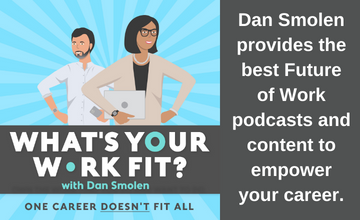Podcast: Play in new window | Download (Duration: 43:18 — 59.5MB)
As the pandemic rages on and unemployment spikes, one online platform engages former employees.
Forward thinking brands that must furlough large numbers of people use online alumni community platforms. They help former headcount develop new skill, find jobs at other companies, or return to the company in new full-time employment roles or contracting assignments.
To that end, alumni communities engage former employees, because of tech innovators like James Sinclair. He is the co-founder of EnterpriseAlumni.
In this episode, James describes:
- The value proposition of alumni community platforms. Starts at 2:21
- Benefits associated with engaging former company workers. Starts at 3:21
- How the protests happening across the US in 2020 are driving corporate social impact. Starts at 11:01
- Two interview questions managers are now asking hired talent. Starts at 17:27
- The benefits of an agile workforce. Starts at 26:40
- How to achieve meaningful work. Starts at 36:23
What is more, by leveraging the EnterpriseAlumni online platform to engage former employees, James demonstrates the positive future of work impact of alumni engagement:
“One of the things that [companies] haven’t done that we start to see is tell you ‘Hey, take a moment and take stock of your life. Where are you? Where do you want to be? And, how do we help you get there?’”
About our guest:
James Sinclair is the Chief Executive & Co-Founder of EnterpriseAlumni, an online platform that engages former company employees. James’ background is in large enterprise innovation; previously, he worked for IBM, SAP & EDS. He lives and works in Southern California.
EPISODE DATE: December 4, 2020
Social media:
– Website
